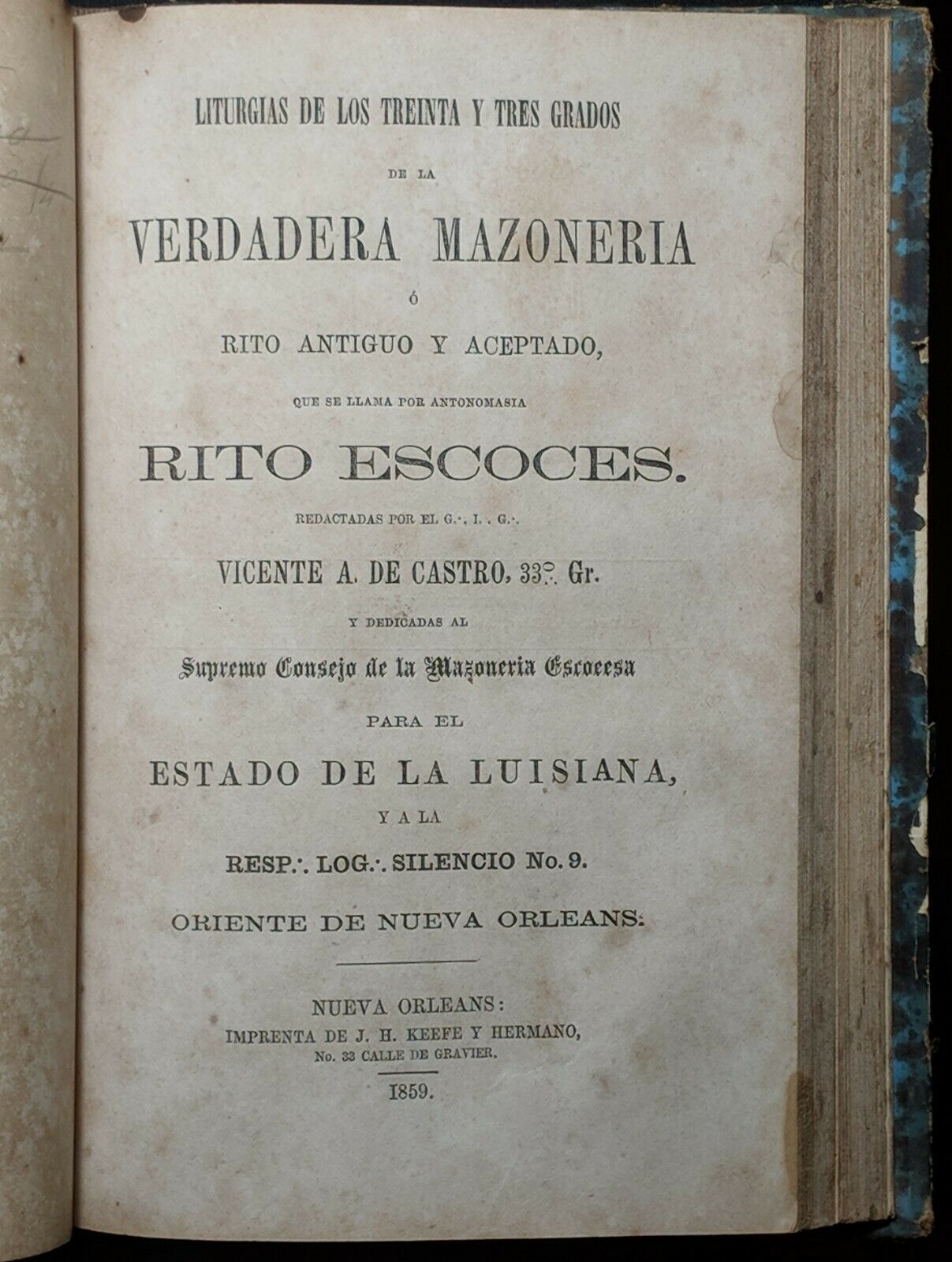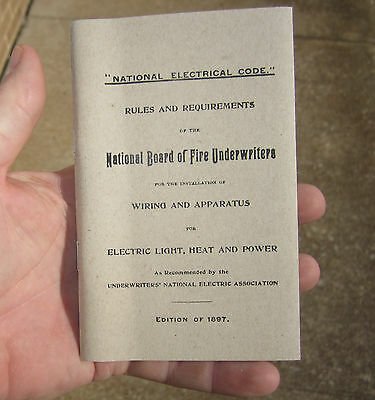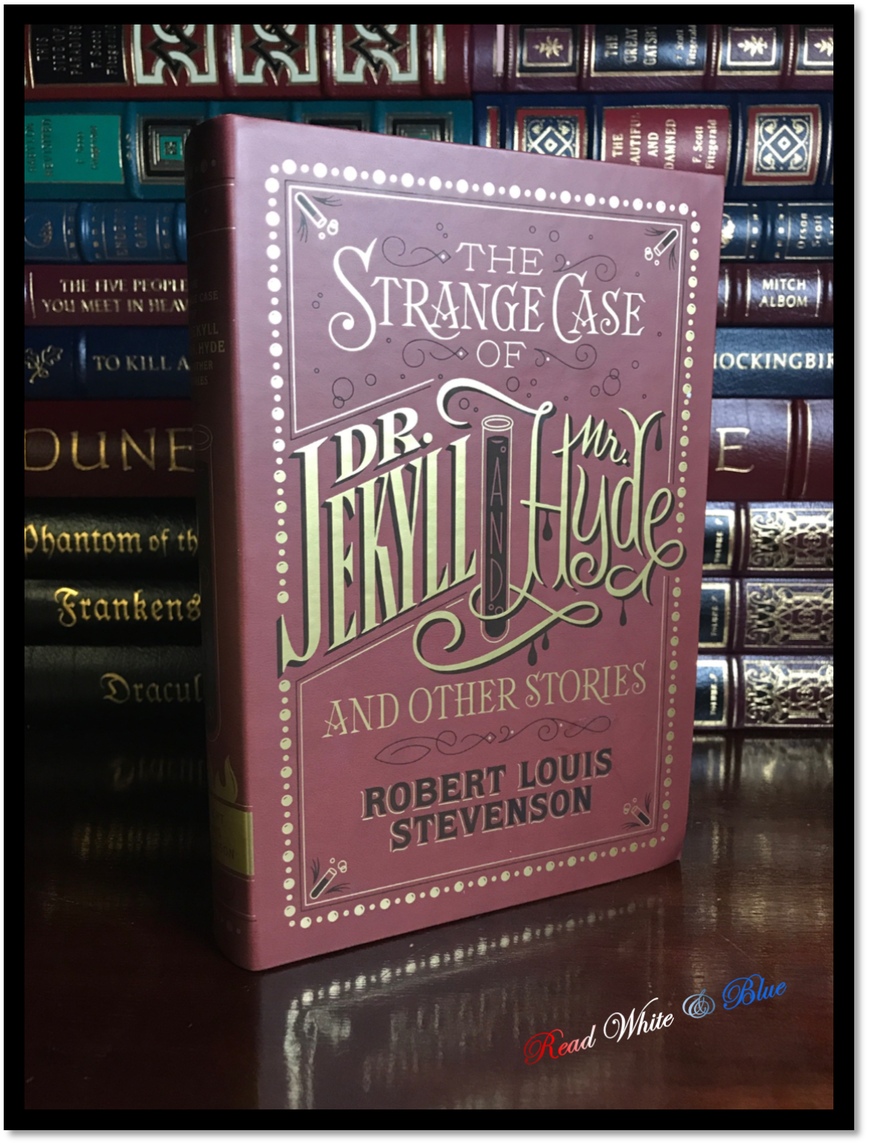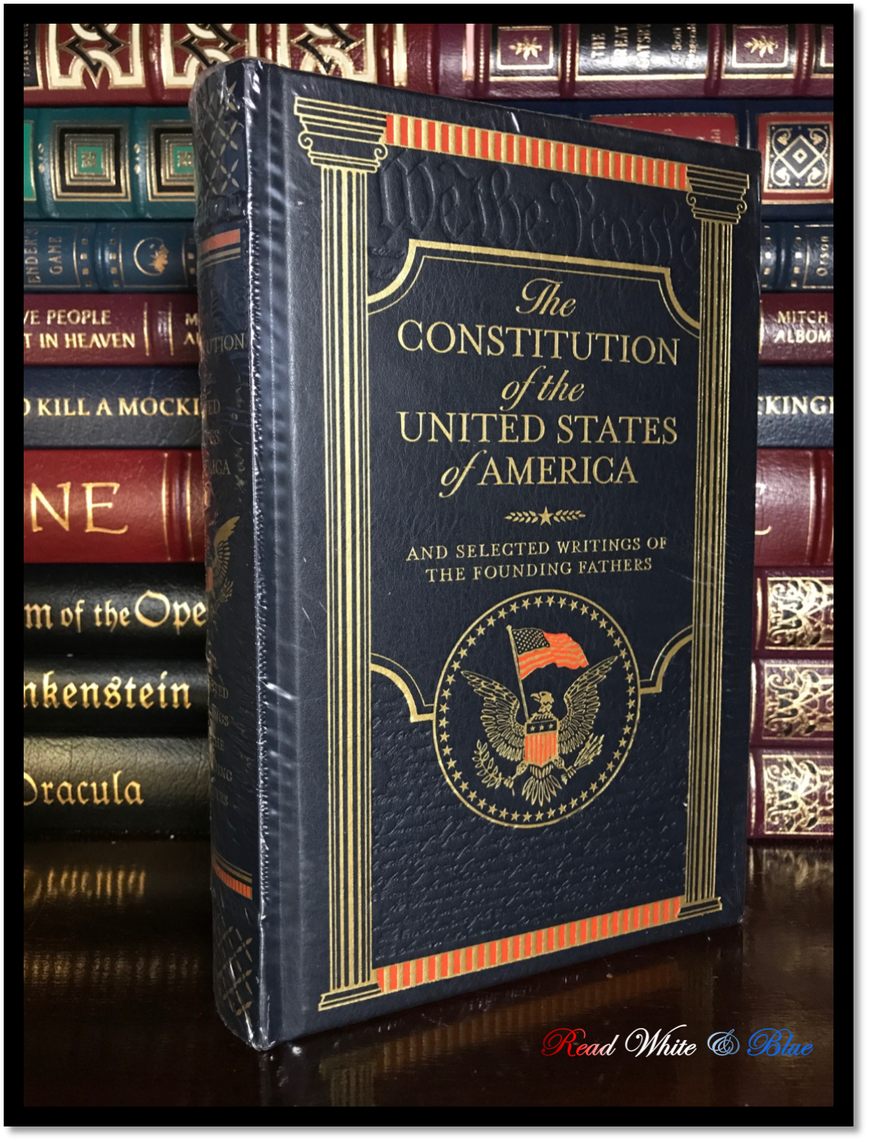-40%
1851-1859 LOUISIANA FREEMASONRY SAMMELBAND NEW ORLEANS IMPRINTS RARE PAMPHLETS
$ 1848
- Description
- Size Guide
Description
"The most illustrious Grand Lodge of the State of Louisiana was, by virtue of atreaty
passed between her and our worthy predecessors, in the year of our Lord and Grand Master Jesus Christ 1833, put conditionally in possession of the power of constituting and administering Symbolic Lodges of the Ancient Free and Accepted Scotch rite in the State of Louisiana,
through a SYMBOLIC CHAMBER of said rite
existing in her bosom, and by her expressly recognized."
[SAMMELBAND]
Collection of Rare 19th Century Pamphlets Regarding Scottish Rite Freemasonry in Louisiana.
8vo bound in half-leather, marbled-paper over boards; exhibiting agewear, edgewear; hinges tender; textblock with varying degrees of agetoning, foxing; couple contemporary annotations. Includes the following titles:
MEMOIRE
A CONSULTER
SUR
L'ORIGINE DU RITE ECOSSAIS ANCIEN ACCEPTE:
SUR
LES PRETENTIONS DES SUPREMES CONSEILS DALCHO-MACKEY DE CHARLESTON
ET GOURGAS-MOORE DE BOSTON:
SUR
LES DROITS DU SUPREME CONSEIL DE L'ETAT SOUVERAIN ET INDEPENDANT DE LA LOUISIANE:
ET SUR
LES FOLIES DE SON ALTESSE IMPERIALE ET ROYALE, LE PRINCE LUCIEN MURAT, PRETENDANT A LA COURONNE DE NAPLES, GRAND-MAITRE
PRO TEMPORE
DE L'ORDRE MACONNIQUE EN FRANCE.
James Foulhouze,
GRAND COMMANDEUR DU RITE ECOSSAIS ANCIEN ACCEPTE POUR L'ETAT SOUVRAIN ET INDEPENDANT DE LA LOUISIANE. [James Foulhouze was educated in the Seminary of St. Sulpice, in Paris, for the church. After taking the clerical vows he came to the United States and officiated as a Roman Catholic priest in Philadelphia, but being disappointed in not obtaining preferment he renounced the church and became a lawyer. In 1845, when on a visit to France, he received the degrees of the Scotch Rite up to the 30th in LeBlanc de Marconnay's lodge (Clemente Amite) and the bodies attached to it, and the 31st and 32d and 33d were conferred upon him by the Grand Orient. On his return to the United States he settled in New Orleans, and was elected Grand Commander of the Supreme Council in 1848. On the adoption of the new constitution in 1850, which abolished the Council of Rites, Foulhouze instigated the Scotch Rite lodges to rebel against the Grand Lodge, claimed the power to make Mason at sight, and created clandestine lodges. At this time he was charged with being a spy of the Spanish Government, and was afterwards denounced as such in the newspapers of the day when the news of the fate of the Lopez expedition reached New Orleans. During the excitement he was concealed by some friends to prevent his falling into the hands of the mob, until he was able to effect his escape to Havana. He afterward returned, and resigned his membership in the Supreme Council of the Southern Jurisdiction, July 30, 1853. By the terms of the concordat entered into with the Supreme Council of the Southern Jurisdiction, February 17, 1855, the Louisiana Council ceased to exist. On the 7th of October, 1856, Foulhouze and two other ex-members of the defunct body held an informal meeting and declared it still in existence. It was for refusing to dissolve this illegal and self-constituted body that Foulhouze was expelled by the Grand Orient of France, February 4, 1859.-James B. Scot,
Outline of the Rise and Progress of Freemasonry in Louisiana from its Introduction to the Re-organization of the Grand Lodge in 1850
, 1923]
Nouvelle-Orleans:
L. MARCHAND & Cie, IMPRIMEURS, RUE JEFFERSON 35,
1858
. First Edition. 177 pages. In French. Issued subsequently in English, appended to
Annual Grand Communication of the Supreme Council
...(1859).
Jumonville 2727
LITURGIAS DE LOS TREINTA Y TRES GRADOS
DE LA
VERDADERA MAZONERIA
RITO ANTIGUO Y ACEPTADO,
QUE SE LLAMA POR ANTONOMASIA
RITO ESCOCES.
REDACTADAS POR EL G. I. G.
VICENTE A. DE CASTRO, 33°. Gr.
Y DEDICADAS AL
Supremo Consejo de la Mazoneria Escoeesa PARA EL
ESTADO DE LA LUISIANA,
Y A LA
RESP. LOG. SILENCIO No. 9. ORIENTE DE NUEVA ORLEANS.
Vicente A. De Castro. Nueva Orleans:
IMPRENTA DE J. H. KEEFE Y HERMANO,
No. 33 CALLE DE GRAVIER,
1859
.
First Edition
. 100 pages. In Spanish.
ORDO AB CHAO. T. T. G. O. T. G. A. O. T. U. Deus Meum Que Jus.
LECTURE
ON THE MAIN DIFFERENCES
BETWEEN THE
SCOTCH AND YORK RITES IN FREEMASONRY:
DELIVERED By T. M. P. S. G. C.
JAMES FOULHOUZE,
ON ST. ANDREW'S DAY,
BEFORE THE
S. C. O. T. SS. GG. II. GG. O. T. 33d. D. OF THE FREE, ANCIENT AND ACCEPTED SCOTCH RITE,
AND
T. SS. PP. O. T. R. S.-SS. KK. C. K. H.,
AND
R. +.
IN THE VALLEY OF NEW ORLEANS.
James Foulhouze. New Orleans:
PRINTED AT THE OFFICE OF THE PICAYUNE,
1851
.
First Edition
. 30 pages. In English.
PRINCIPES
DE LA
FRANC-MACONNERIE
VULGAIREMENT CONNUE SOUS LE NOM DE
RITE ANCIEN ET ACCEPTE ECOSSAIS, INDIQUANT LE SENS PHILOSOPHIQUE, POLITIQUE ET RELIGIEUX
De tous les Degres jusqu'au 30eme inclusivement,
PAR LE F. LOUIS DUFAU, Gr. Ch. Grand Secretaire du Supreme Council pour l'Etat Souverain et Independant de la Louisiane.
Louis Dufau. New Orleans: publisher not identified,
1859
(Foreword dated in type: May 1, 1859; p. [1]).
First Edition
. 72 pages. In French.
Jumonville 2822
CHANSONS
MACONNIQUES
PAR LE F. G. A. MONTMAIN.
G. A. Montmain. Paris: Impr. de. C. Lihard, n.d.[c1858]. First Edition. 14 pages. Lithographed text. In French.
It must be remembered that the people of the Old City of New Orleans spoke either Spanish or French or a gumbo composed of both. Those people who came here from the Colonies or from other English speaking places could not understand the French and the French could not understand them. Antagonisms developed and as a result the English speaking people lived above Canal Street while the French and Spanish lived below in what is commonly referred to as the French Quarter. As the population increased so did the number of Masonic Lodges. The history of Freemasonry in the city of New Orleans is the history of the city of New Orleans, as many of its members contributed to the economic, educational, political and cultural advancement throughout the history of the city.
"To all full-time students of Masonic history, Louisiana has in it more satisfactions for the intellect than most of the forty-nine American Grand Jurisdictions. From 1791 until the present it has been a laboratory in which the questions which a Masonic historian is compelled to study have been submitted to all manner of tests. You can see them actually at work, and how they work out; elsewhere he must study them more or less as abstractions."-H. L. Haywood.




















